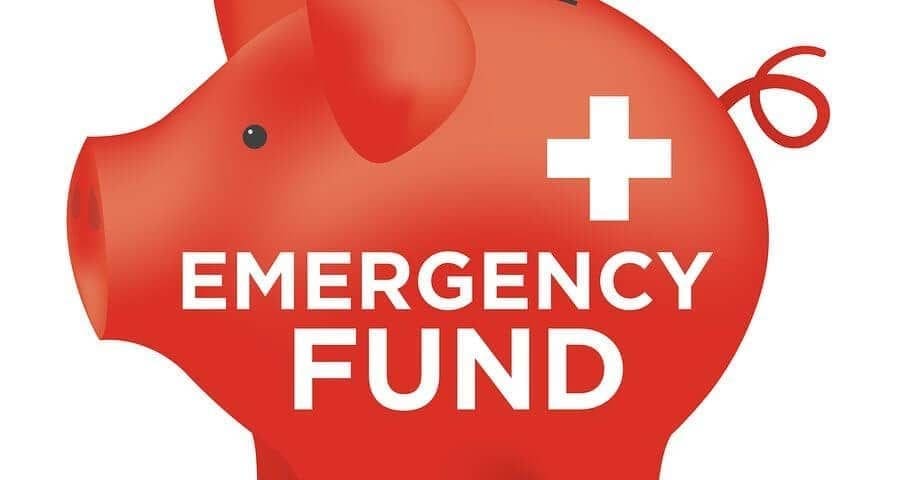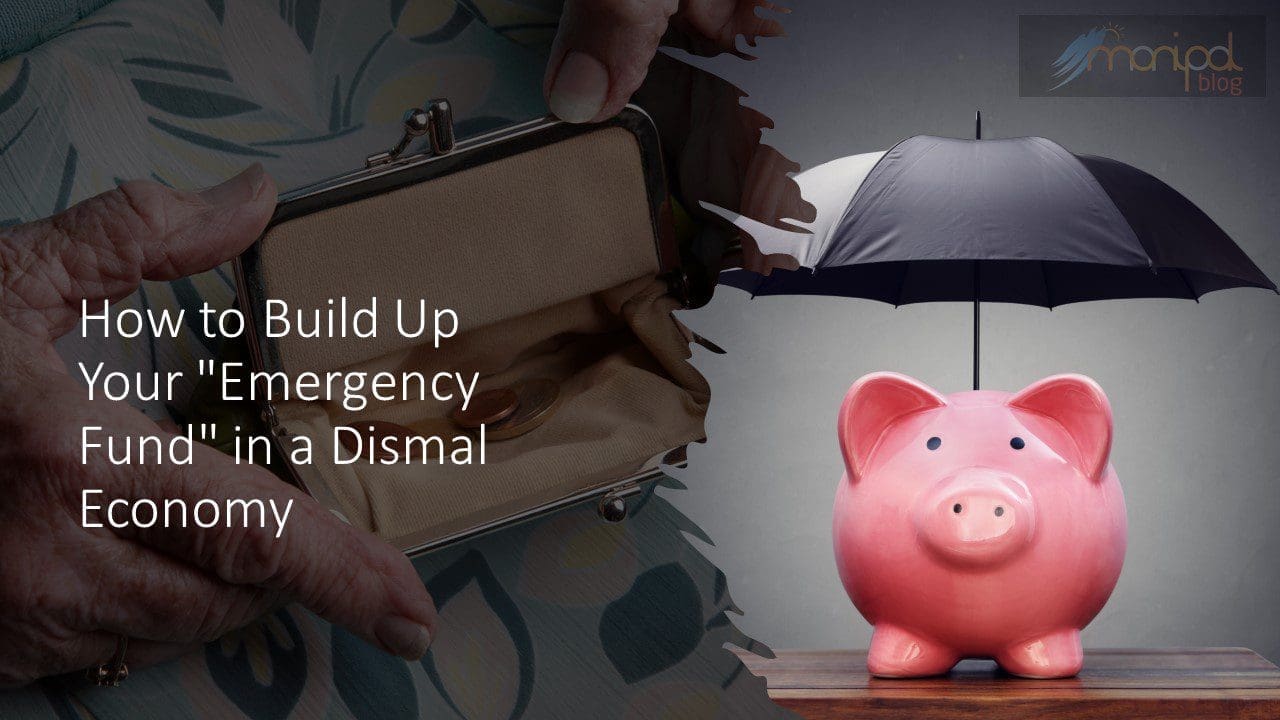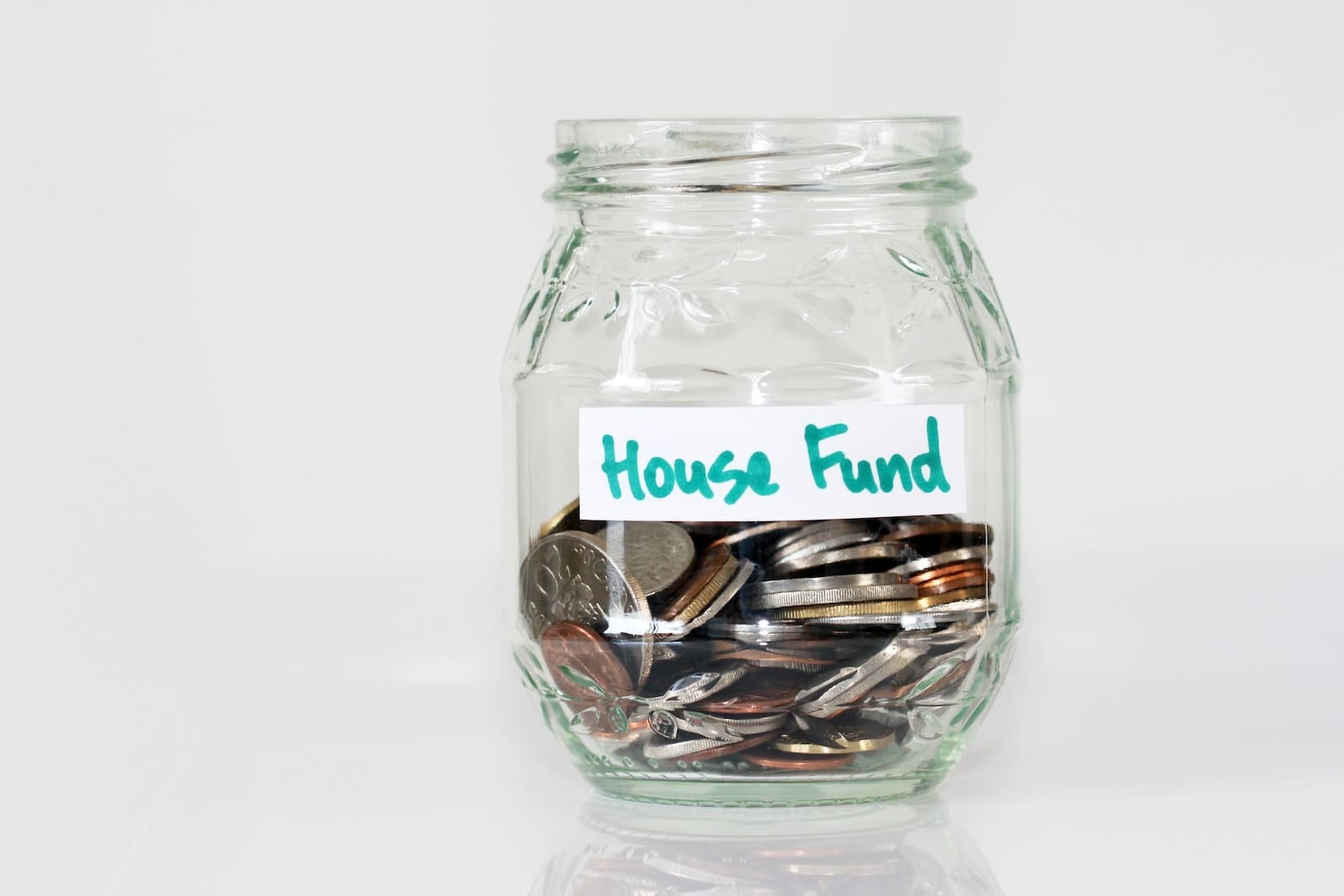
In times of uncertainty, having a robust emergency fund is crucial to weather the storm. However, deciding where to keep your emergency fund is as important as saving for one.
This article will help you understand what is an emergency fund and explore some key considerations and options for where you should keep your emergency fund to maximise its safety and liquidity.
What is an Emergency Fund?
An emergency fund is the money you set aside to cover urgent and unexpected expenses, such as medical emergencies, car repairs, job loss, or any other unexpected financial hardships that may arise in life. It is meant to be easily accessible, helping you avoid going into debt or facing financial difficulties during challenging times.
How Much Emergency Fund Should I Have?
Everyone should have an emergency fund they can lean on in a financial emergency. But are you wondering “how much emergency fund should I have” to rely on it? Here’s a simple hack.
Most financial experts say keeping at least three to six months’ worth of your salary in your emergency fund is ideal. If you suffer a job loss, this can be enough to cover your basic living expenses, including rent, insurance, bills, credit card EMIs, and other essential must-have utilities. If a family relies on you, kids, cars, or other ongoing medical costs, you should have more emergency funds.
Where to Keep an Emergency Fund?
Now that you know how much emergency fund you should have, it’s time to come to the most important topic of discussion – where to keep an emergency fund. The best location to keep an emergency fund is to keep it away from your other bank accounts. Here are some of the best options for where you can keep an emergency fund:
Online Savings Account
With the evolution in technology, there has been an advancement in your savings options. You are no more limited to traditional financial institutions or banks for opening a savings account, you can get the same facilities with a digital-only option.
One of the main benefits of online banks is the high-interest rates offered. Most online savings accounts are high-yielding compared to those offered by traditional banks and financial institutions. Further, some online banks even provide the best zero-balance accounts on their high-yielding savings account.
Traditional Savings Account
A traditional savings account is the next type of account where you can keep your emergency fund. Stashing your emergency funds in a brick-and-mortar type of savings account is considered the safest option. Most individuals still use a traditional savings account to keep their emergency funds as it’s convenient. But the main issue with it is the low-interest rate. You will only be earning a few pennies. While it’s always a better option than saving in cash, you won’t see any noticeable change in your money. Further, traditional banks and financial institutions still charge heavy maintenance charges, but you can waive them by maintaining the minimum balance requirement.
Certificate of Deposit
Another option to keep emergency funds is a certificate of deposit (CD). This short-term investment option can be made into an emergency fund as you can receive higher interest rates than other options. But there’s the risk of losing liquidity.

Since CDs are time-spanned for a few years or months, you can deposit and access your money only on the predetermined deadline. You can access it before the deadline but will be charged heavy penalties.
Money Market Funds
A money market fund is a mutual fund that invests in short-term, low-risk, and highly liquid securities. These funds yield slightly higher returns than traditional savings accounts while offering easy access to funds. You can use this type of account to keep an emergency fund as it has low risk, high liquidity, and high-interest rates.
Bottom Line
Choosing where to keep your emergency fund is crucial and requires careful consideration. While various options are available, weighing their benefits and drawbacks is important. Factors like accessibility, interest rates, fees, and potential risks should be considered when making this decision.
You can make an informed choice that suits your needs by conducting thorough research. Remember that establishing and maintaining an emergency fund is vital to financial security and preparedness.




Be the first to comment